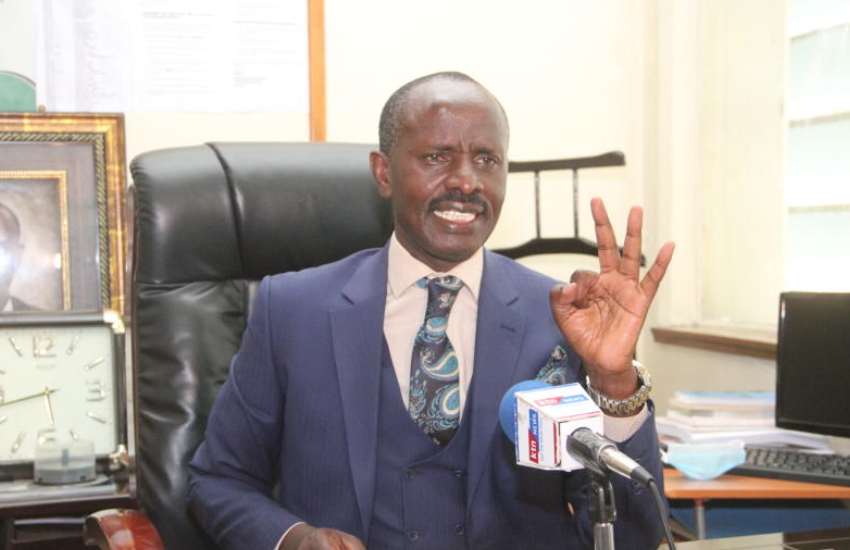
Collective bargaining is the process in which workers, through their unions, negotiate contracts with their employers to determine their terms of employment. These include pay, benefits, hours of work, leave, job health and safety policies, ways to balance work and family, career progression and job security.
The purpose of collective bargaining is to identify the underlying interests and expectations of the parties. However, this can only be actualised if there is a legally constituted Collective Bargaining Agreement (CBA) Negotiation Panel as provided in the law.